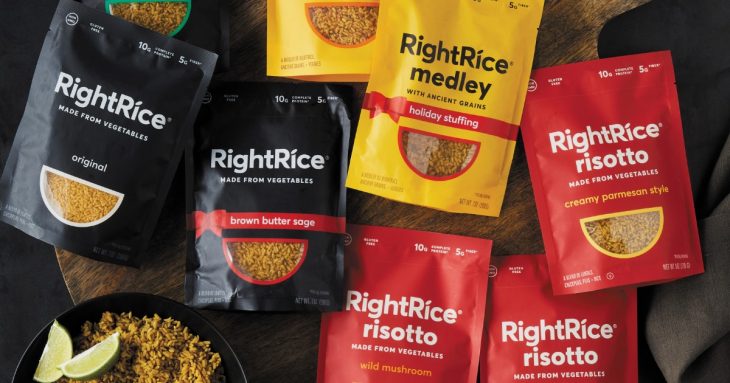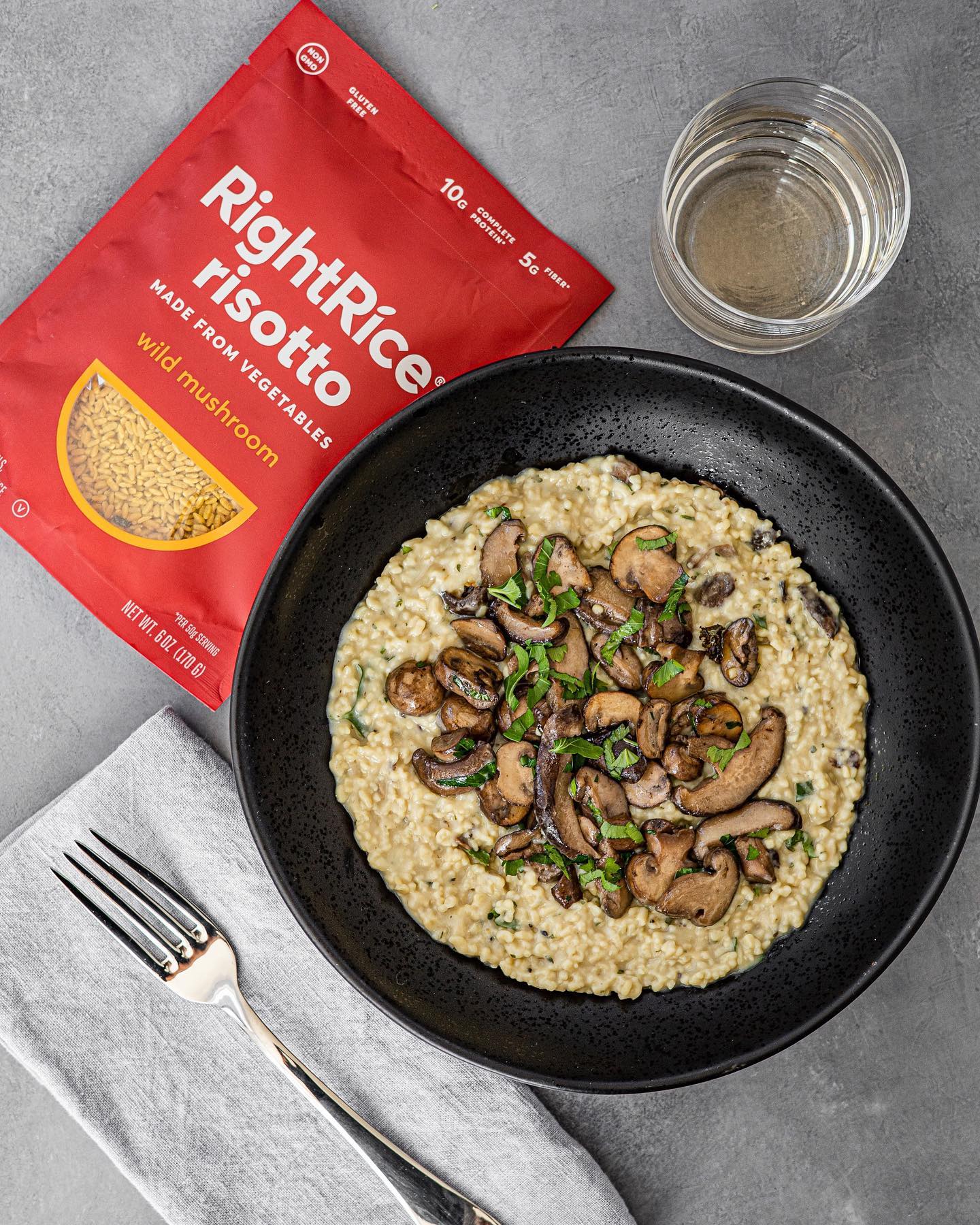
Rice is a staple food consumed by millions of people around the world. It comes in various forms, such as white rice, brown rice, jasmine rice, and basmati rice. Aside from being a versatile and delicious addition to meals, rice also offers numerous health benefits. In this article, we will explore ten important nutritional facts about rice and how it contributes to a balanced diet.
A Rich Source of Energy
Rice is a carbohydrate-rich food that provides the body with energy. It contains complex carbohydrates that are slowly digested, leading to sustained energy release throughout the day. This makes rice an excellent choice for athletes, individuals with active lifestyles, and those needing long-lasting energy.
Low in Fat and Cholesterol
One of the notable benefits of rice is its low fat and cholesterol content. It is naturally low in saturated and trans fats, making it a heart-healthy food option. Incorporating rice into your diet can help maintain healthy cholesterol levels and reduce the risk of cardiovascular diseases.
Packed with Essential Nutrients
Rice is a good source of essential nutrients such as vitamins and minerals. It contains B vitamins, including thiamin, niacin, and vitamin B6, which are important for energy production and maintaining a healthy nervous system. Additionally, rice provides minerals like magnesium, phosphorus, and selenium, which support various bodily functions.
Gluten-Free and Easy to Digest
For individuals with gluten sensitivities or celiac disease, rice is a safe and nutritious choice. It is naturally gluten-free, making it a versatile grain that can be enjoyed by those with dietary restrictions. Moreover, rice is easy to digest, making it gentle on the stomach and suitable for people with digestive issues.
Supports Weight Management

Rice, particularly brown rice, is a valuable ally for those aiming to manage their weight. Brown rice is a whole grain that retains its bran and germ layers, offering higher fiber content compared to white rice. The fiber in brown rice helps promote feelings of fullness, control appetite, and support healthy digestion.
Aids in Bone Health
Rice contains essential minerals like magnesium and phosphorus, which play a vital role in maintaining healthy bones. These minerals work together to support bone structure, strength, and density, reducing the risk of conditions like osteoporosis.
Versatile and Easy to Prepare
One of the great advantages of rice is its versatility in the kitchen. It can be incorporated into a wide variety of dishes, ranging from savory meals to sweet desserts. Whether steamed, stir-fried, used in sushi, or transformed into rice pudding, rice offers endless possibilities for culinary creativity.
Supports Digestive Health
The fiber content in rice, especially in brown rice, promotes healthy digestion. It adds bulk to the stool, aids in regular bowel movements, and supports a healthy gut environment. Including rice in your diet can contribute to maintaining optimal digestive function.
Offers Quick and Nutritious Meals
Rice is a convenient and time-saving option for busy individuals or families. It can be cooked quickly and easily, serving as a foundation for a well-rounded meal. By adding vegetables, lean proteins, and healthy fats, you can create nutritious and satisfying dishes in no time.
An Economical Food Choice
Rice is an affordable and accessible food staple that can be found in many regions around the world. It provides a cost-effective source of nutrition, making it an excellent choice for individuals or families on a budget.
Conclusion
By understanding these ten nutritional facts about rice, you can appreciate its role in a balanced and healthy diet. Now that you’re familiar with these ten rice nutrition facts, you can make informed choices when incorporating rice into your meals. Enjoy the versatility, taste, and health benefits of this wonderful grain!
Frequently Asked Questions (FAQs)
Is rice high in calories?
Rice is a moderate-calorie food. The calorie content depends on the type and serving size, with brown rice typically containing slightly more calories than white rice.
Can rice be part of a weight loss diet?
Yes, rice can be included in a weight loss diet when consumed in moderation and paired with a variety of nutrient-dense foods. Opting for brown rice and controlling portion sizes is advisable.
Does rice provide protein?
While rice is not a significant source of protein, it does contain some protein. Pairing rice with other protein-rich foods, such as legumes or lean meats, can help increase overall protein intake.
Is it safe to eat rice if I have diabetes?
Yes, individuals with diabetes can include rice in their diet. However, portion control and choosing whole grain options like brown rice are recommended to manage blood sugar levels.
Can rice cause food allergies?
Rice is generally considered hypoallergenic and is less likely to cause food allergies compared to other grains. However, individuals with specific allergies or sensitivities should consult their healthcare provider for guidance.
Was this page helpful?
Our commitment to delivering trustworthy and engaging content is at the heart of what we do. Each fact on our site is contributed by real users like you, bringing a wealth of diverse insights and information. To ensure the highest standards of accuracy and reliability, our dedicated editors meticulously review each submission. This process guarantees that the facts we share are not only fascinating but also credible. Trust in our commitment to quality and authenticity as you explore and learn with us.
